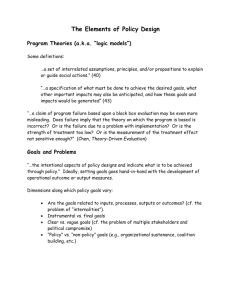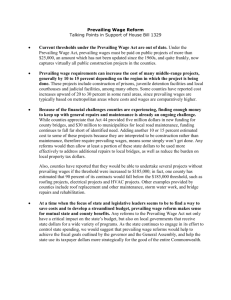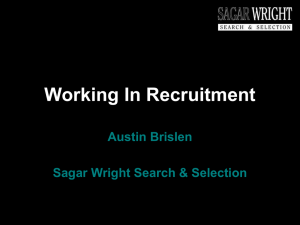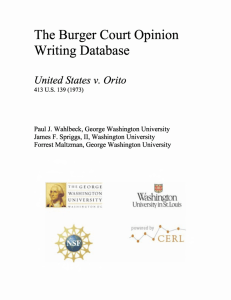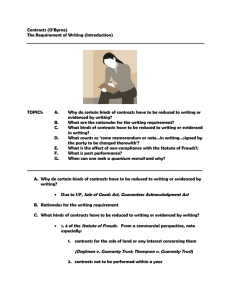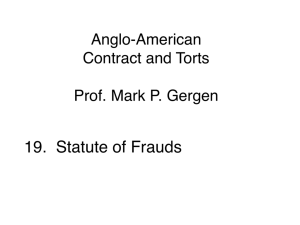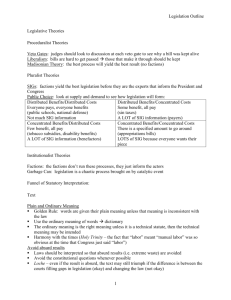Arlington Sch Bd Attorney
advertisement
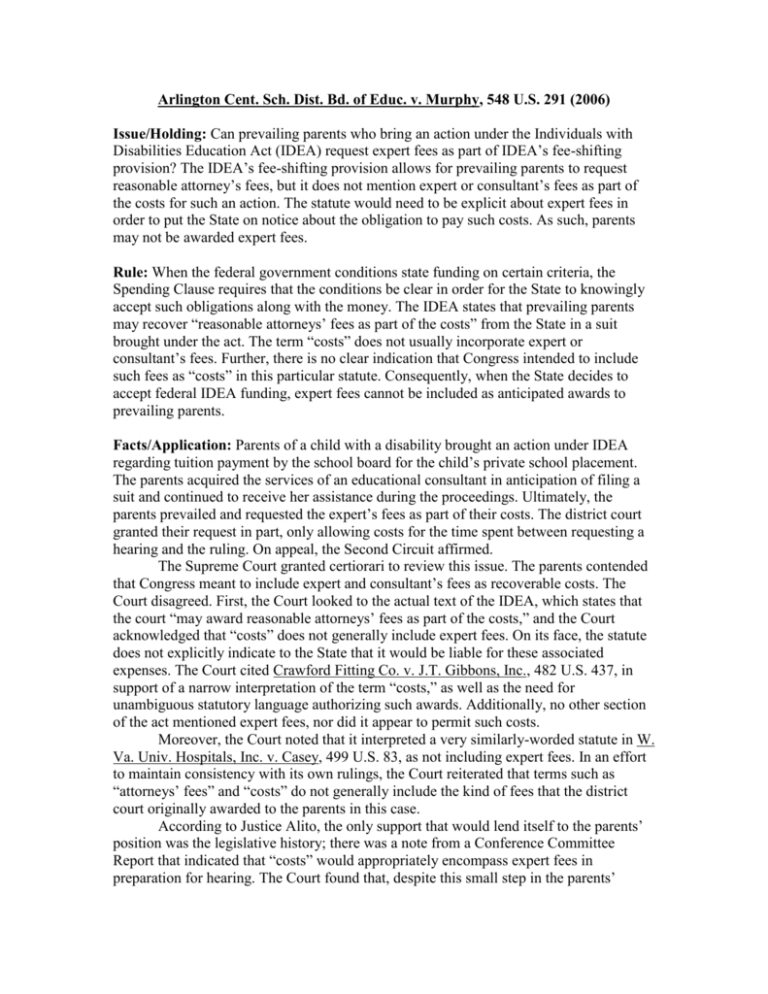
Arlington Cent. Sch. Dist. Bd. of Educ. v. Murphy, 548 U.S. 291 (2006) Issue/Holding: Can prevailing parents who bring an action under the Individuals with Disabilities Education Act (IDEA) request expert fees as part of IDEA’s fee-shifting provision? The IDEA’s fee-shifting provision allows for prevailing parents to request reasonable attorney’s fees, but it does not mention expert or consultant’s fees as part of the costs for such an action. The statute would need to be explicit about expert fees in order to put the State on notice about the obligation to pay such costs. As such, parents may not be awarded expert fees. Rule: When the federal government conditions state funding on certain criteria, the Spending Clause requires that the conditions be clear in order for the State to knowingly accept such obligations along with the money. The IDEA states that prevailing parents may recover “reasonable attorneys’ fees as part of the costs” from the State in a suit brought under the act. The term “costs” does not usually incorporate expert or consultant’s fees. Further, there is no clear indication that Congress intended to include such fees as “costs” in this particular statute. Consequently, when the State decides to accept federal IDEA funding, expert fees cannot be included as anticipated awards to prevailing parents. Facts/Application: Parents of a child with a disability brought an action under IDEA regarding tuition payment by the school board for the child’s private school placement. The parents acquired the services of an educational consultant in anticipation of filing a suit and continued to receive her assistance during the proceedings. Ultimately, the parents prevailed and requested the expert’s fees as part of their costs. The district court granted their request in part, only allowing costs for the time spent between requesting a hearing and the ruling. On appeal, the Second Circuit affirmed. The Supreme Court granted certiorari to review this issue. The parents contended that Congress meant to include expert and consultant’s fees as recoverable costs. The Court disagreed. First, the Court looked to the actual text of the IDEA, which states that the court “may award reasonable attorneys’ fees as part of the costs,” and the Court acknowledged that “costs” does not generally include expert fees. On its face, the statute does not explicitly indicate to the State that it would be liable for these associated expenses. The Court cited Crawford Fitting Co. v. J.T. Gibbons, Inc., 482 U.S. 437, in support of a narrow interpretation of the term “costs,” as well as the need for unambiguous statutory language authorizing such awards. Additionally, no other section of the act mentioned expert fees, nor did it appear to permit such costs. Moreover, the Court noted that it interpreted a very similarly-worded statute in W. Va. Univ. Hospitals, Inc. v. Casey, 499 U.S. 83, as not including expert fees. In an effort to maintain consistency with its own rulings, the Court reiterated that terms such as “attorneys’ fees” and “costs” do not generally include the kind of fees that the district court originally awarded to the parents in this case. According to Justice Alito, the only support that would lend itself to the parents’ position was the legislative history; there was a note from a Conference Committee Report that indicated that “costs” would appropriately encompass expert fees in preparation for hearing. The Court found that, despite this small step in the parents’ direction, the comment was insufficient in the larger context to warrant the interpretation that the parents urged. Unless each state that accepted IDEA funding had looked into the Committee Report, there would be no other way for the State to know about such conditions surrounding its acceptance of the federal funds. Therefore, it was not a clear enough mandate to expect States to bear the burden of paying expert fees when they lose a suit under IDEA.

